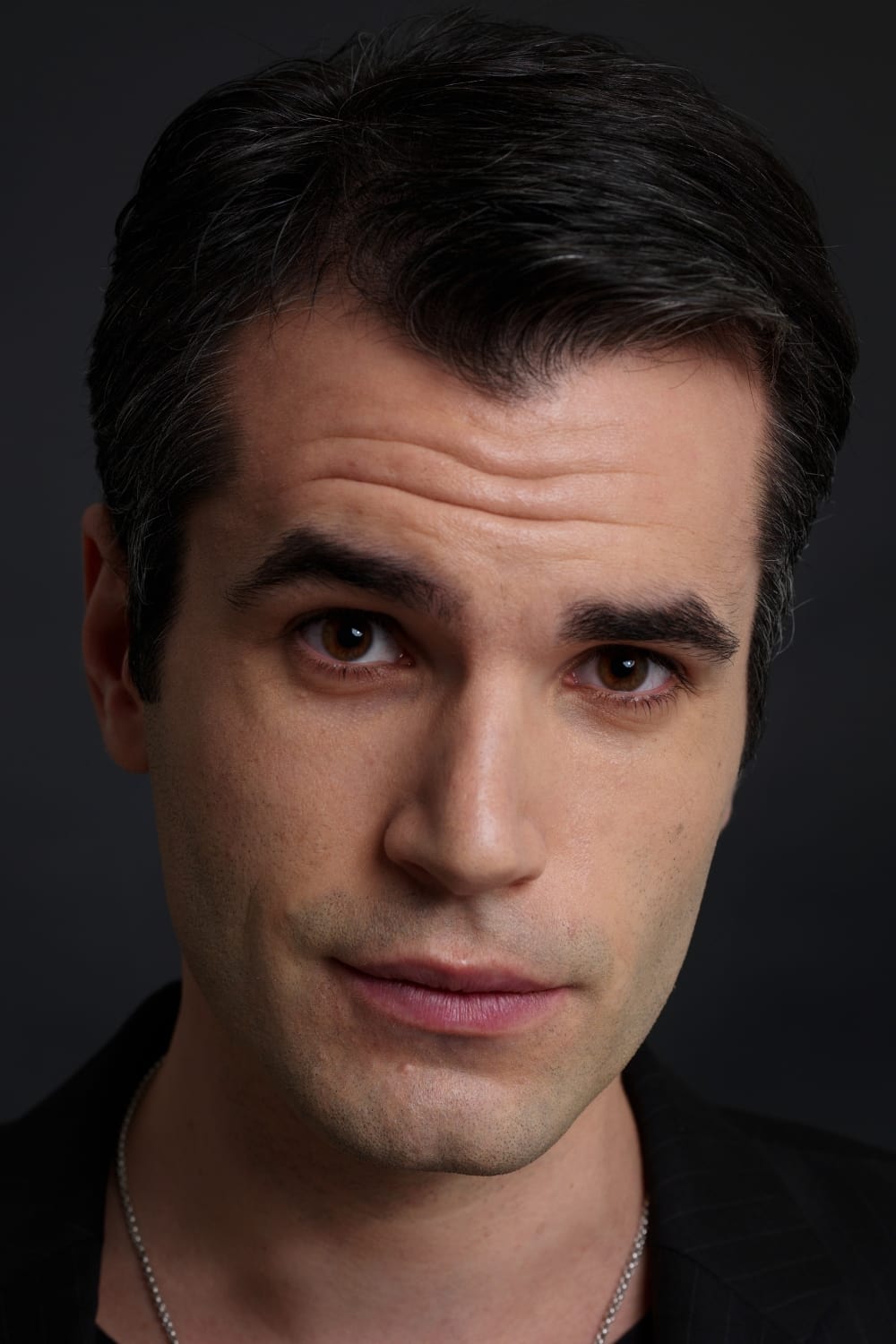
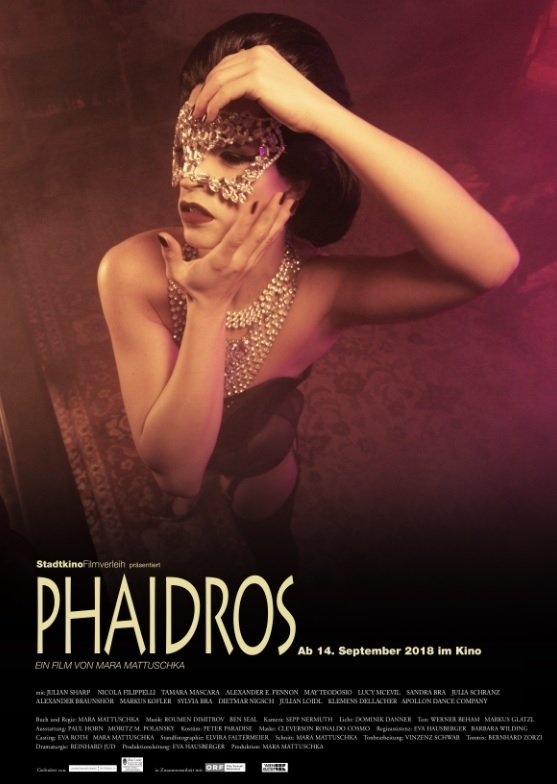
Phaidros is based on Plato's eponymous dialogue and plays in an LBQT+ milieu of a present-day metropolis. The actor Emil is meant to embody the character of the poet Phaedrus in a battle of words with Werner Maria, who slips into the role of Socrates. When the borders between friendship and sexual initiation soon blur beyond the events on stage, too, the shrill, carnivalesque scenario turns into grotesque love triangles and quadrangles, which ultimately even cause a casualty.
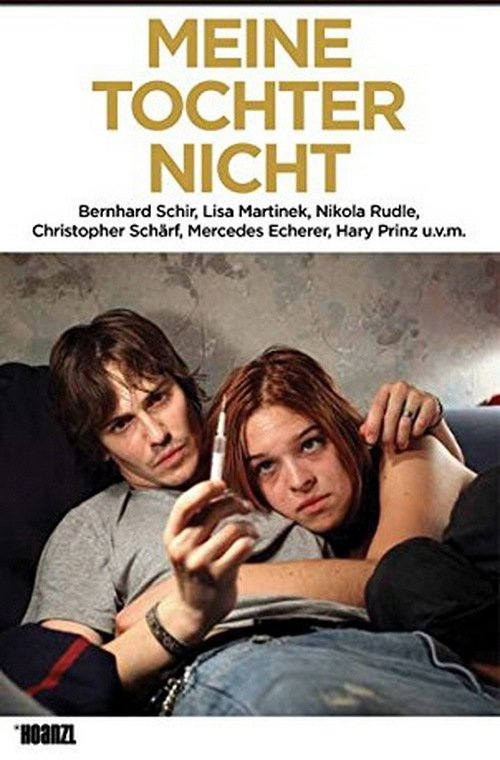
The fall is so rapid that it seems like a bad dream. Just a moment ago, 16-year-old Nadja was a carefree, cheerful young girl, but shortly afterwards the horror follows: the older boy she falls in love with is a junkie who also drags Nadja into misery. Her wealthy parents learn in an extremely painful way about a world they had previously only known from hearsay: their search for their daughter literally becomes a journey into the underworld.
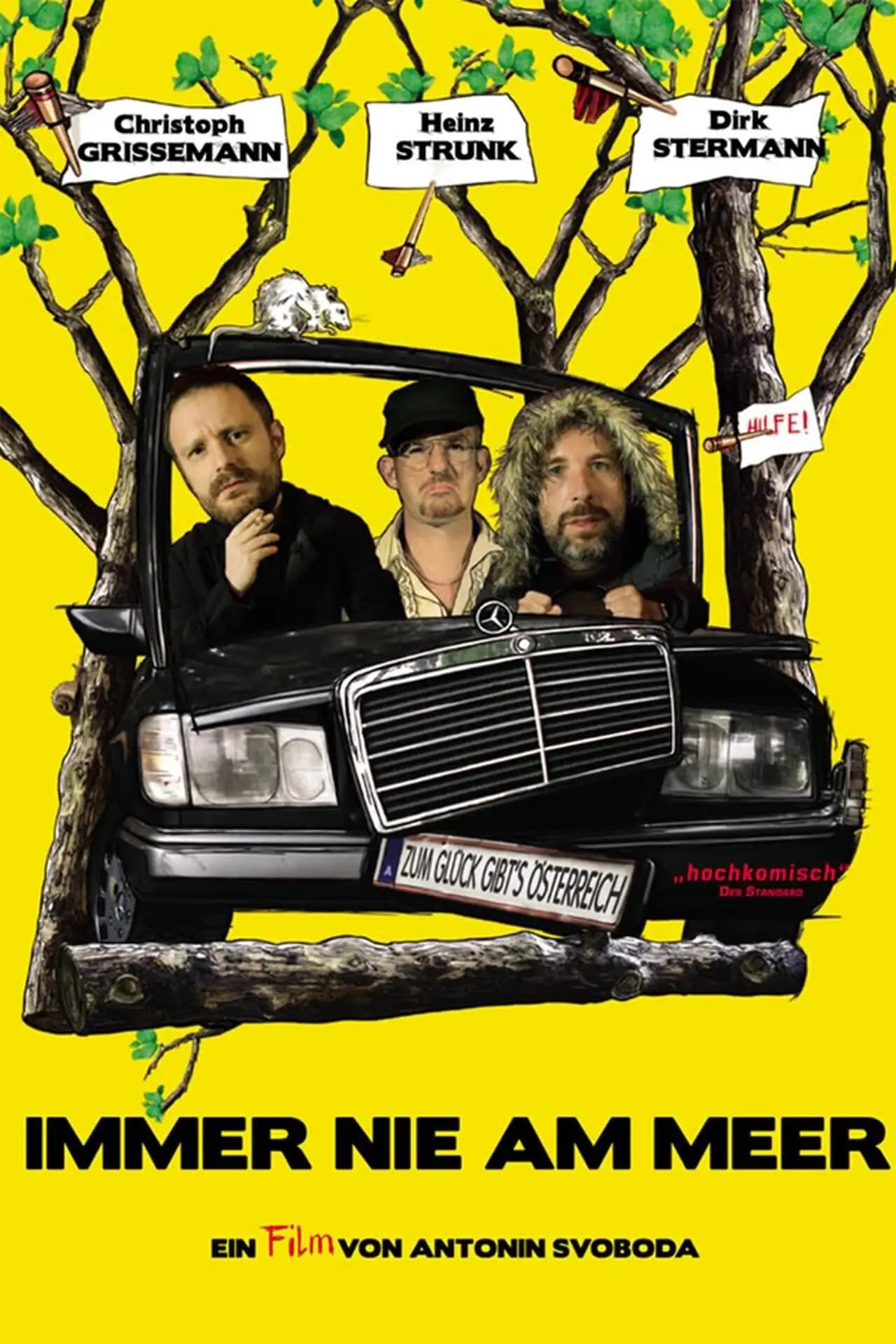
History professor Baisch, his depressive and tablet-addicted brother-in-law Anzengruber and a manic cabaret artist have a car accident on a remote country road after a party. Wedged between two trees they get stuck, doors and windows can no longer be opened, the windows made of bulletproof glass cannot be smashed. Injured and with no chance of escape, they wait for days for rescue. Their only provisions are a bowl of herring salad and a few bottles of Prosecco. Fits of rage and fear alternate with overwrought hilarity and desperate fits of crying. But it gets worse...
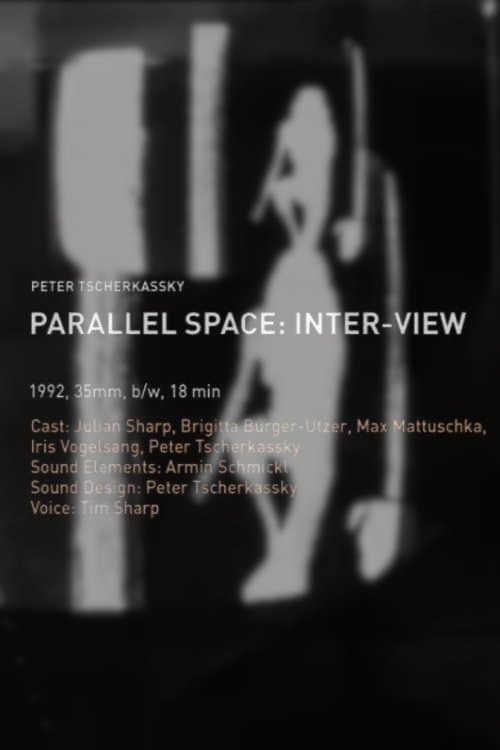
Parallel Space: Inter-View is made with a photo camera. A miniature photo is exactly the size of two film frames. Optically it resembles a flickering double exposure; the former temporal and spatial unity disintegrates into pieces which have a correspondence with each other. (Peter Tscherkassky) Photographic processes - the material transformations involved in recording, developing, printing and projecting - functions as metaphors for psychological processes.
By browsing this website, you accept our cookies policy.